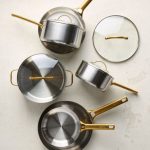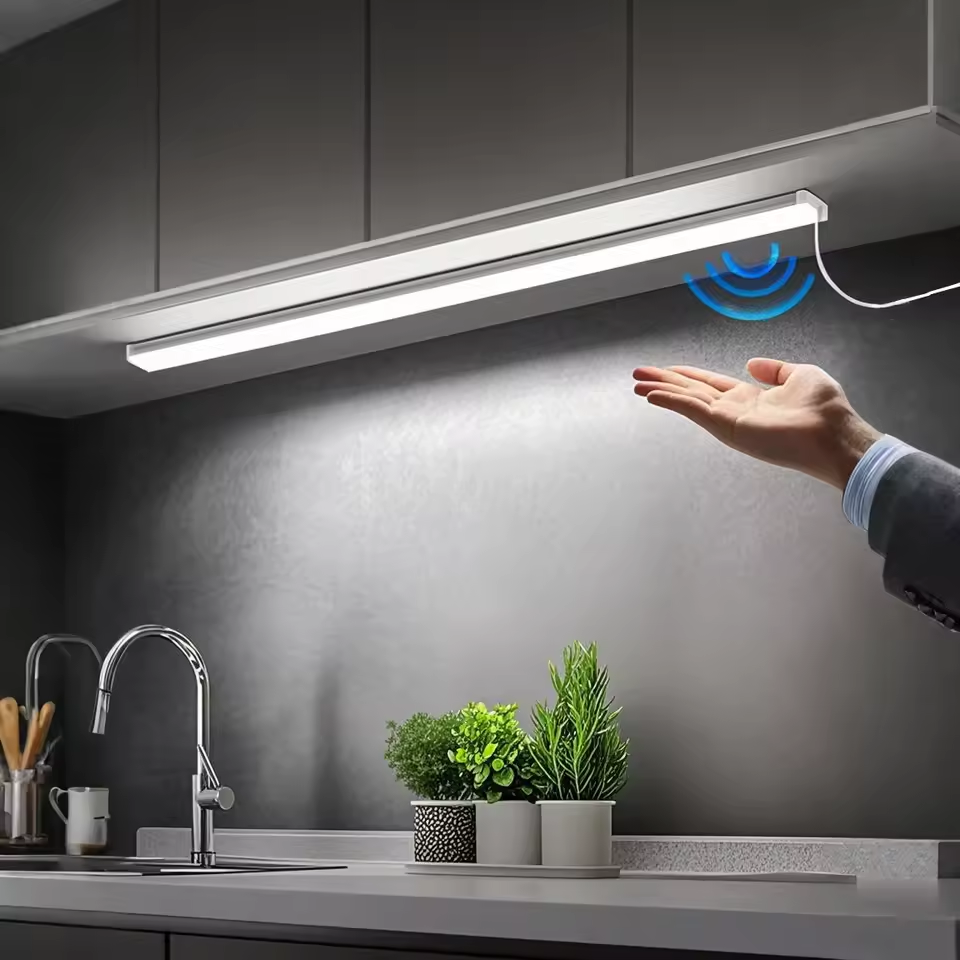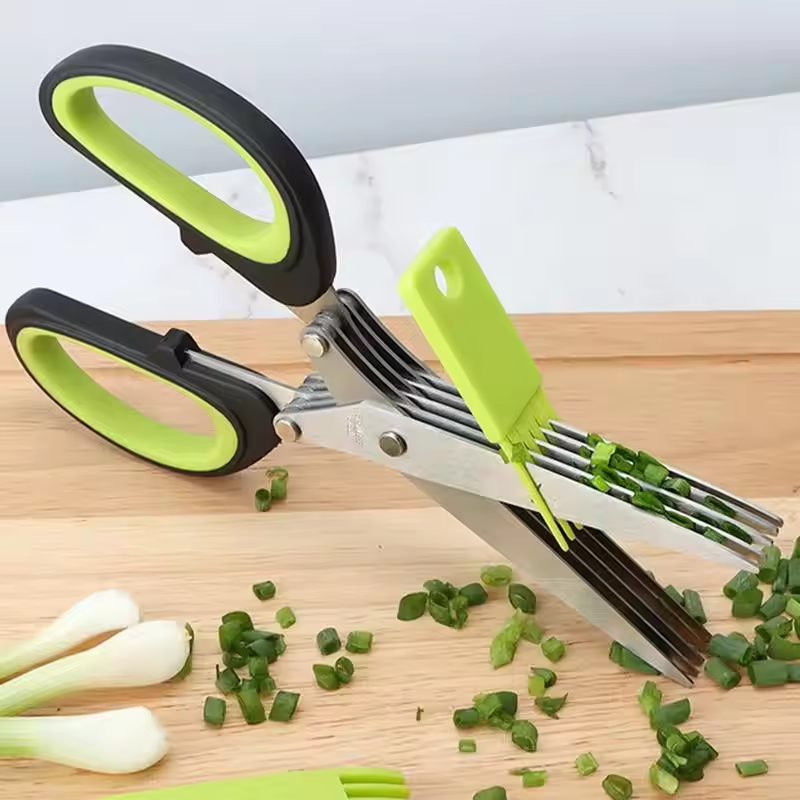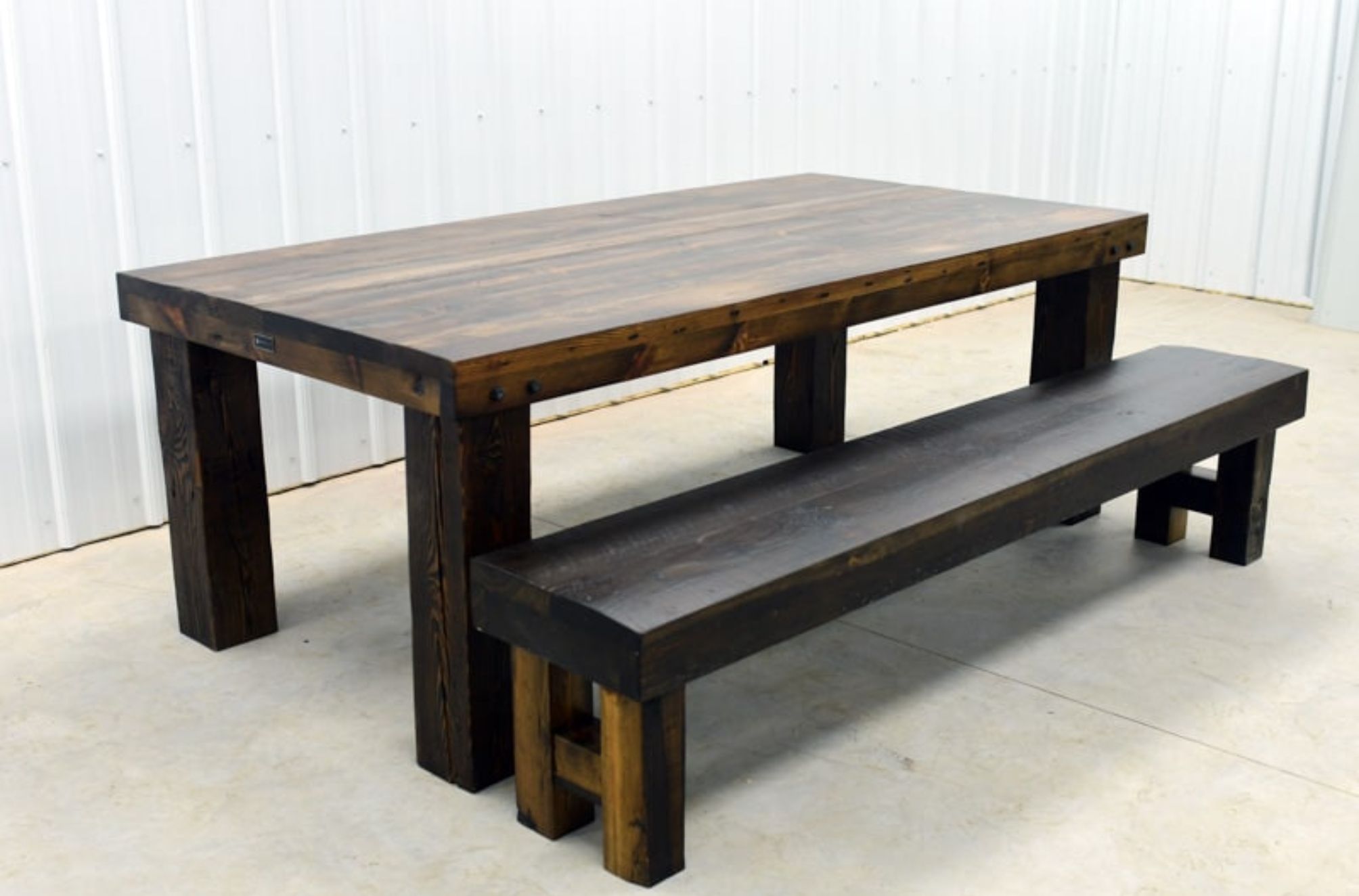Introduction: The Heart of Your Kitchen
The kitchen sink is often referred to as the heart of the kitchen, as it serves as a central hub for various culinary activities, from food preparation to dishwashing. However, it’s also one of the most heavily used fixtures in the kitchen, making proper maintenance essential for ensuring its long-lasting performance. In this comprehensive guide, we’ll explore a range of maintenance tips to help you keep your kitchen sink in top condition for years to come.
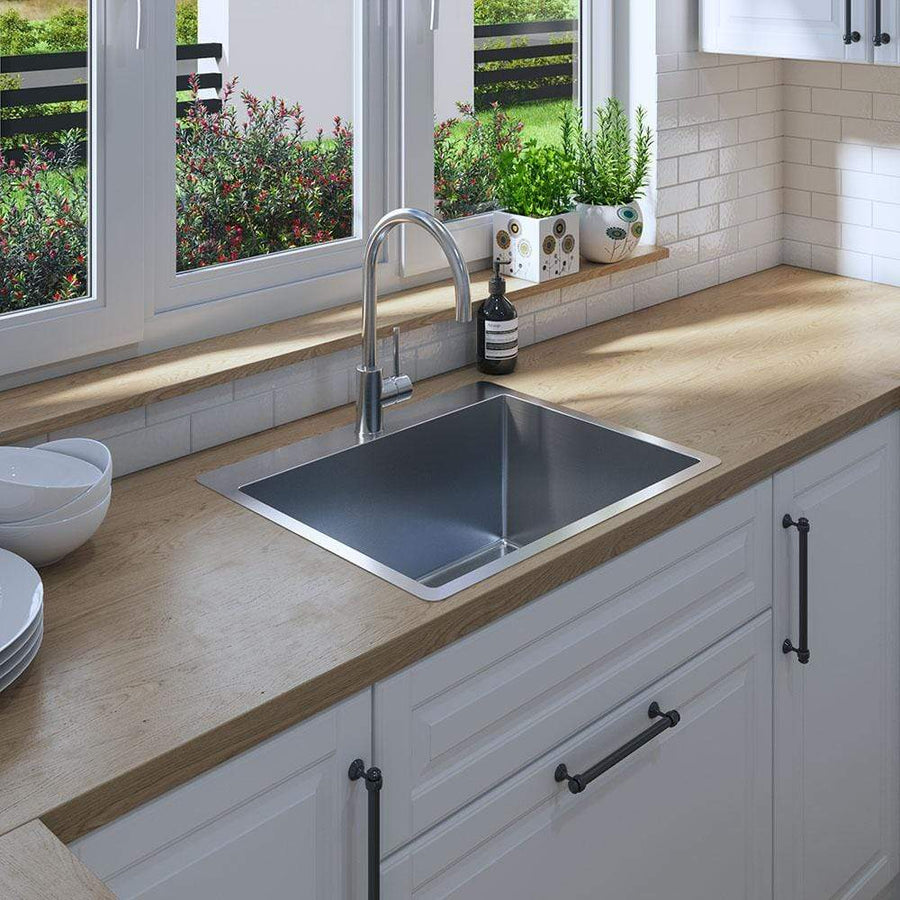
1. Choosing the Right Material:
The first step in ensuring the longevity of your kitchen sink is selecting the right material. Common options include stainless steel, porcelain, granite composite, and fireclay. Each material has its pros and cons in terms of durability, appearance, and maintenance requirements. Stainless steel sinks are durable and easy to clean, while porcelain sinks offer a classic aesthetic but require more care to prevent chipping and staining. Consider your cooking habits, budget, and aesthetic preferences when choosing the material for your sink.
2. Regular Cleaning Routine:
One of the most effective ways to maintain your kitchen sink is to establish a regular cleaning routine. This includes daily wiping down the sink with a mild detergent and water to remove food debris, grease, and soap scum. For tougher stains and mineral deposits, use a non-abrasive cleaner or a mixture of baking soda and vinegar to gently scrub the surface. Avoid harsh chemicals and abrasive sponges or scrubbers, as they can scratch and damage the sink’s finish.

3. Preventing Clogs and Blockages:
Clogged drains are a common issue in kitchen sinks, often caused by a buildup of food scraps, grease, and other debris. To prevent clogs and blockages, avoid pouring cooking oil, grease, and coffee grounds down the drain, as they can solidify and cause obstructions. Use a drain strainer or filter to catch food particles before they enter the drain, and periodically flush the drain with hot water or a mixture of baking soda and vinegar to break down any buildup.
4. Maintaining the Garbage Disposal:
If your kitchen sink is equipped with a garbage disposal, proper maintenance is essential to prevent malfunctions and odors. Regularly run cold water while operating the garbage disposal to help flush out food debris and prevent it from sticking to the blades. Avoid putting fibrous or starchy foods, such as potato peels and celery, into the disposal, as they can clog the blades and cause damage. Periodically clean the disposal by grinding ice cubes and citrus peels to freshen the scent and remove residue.
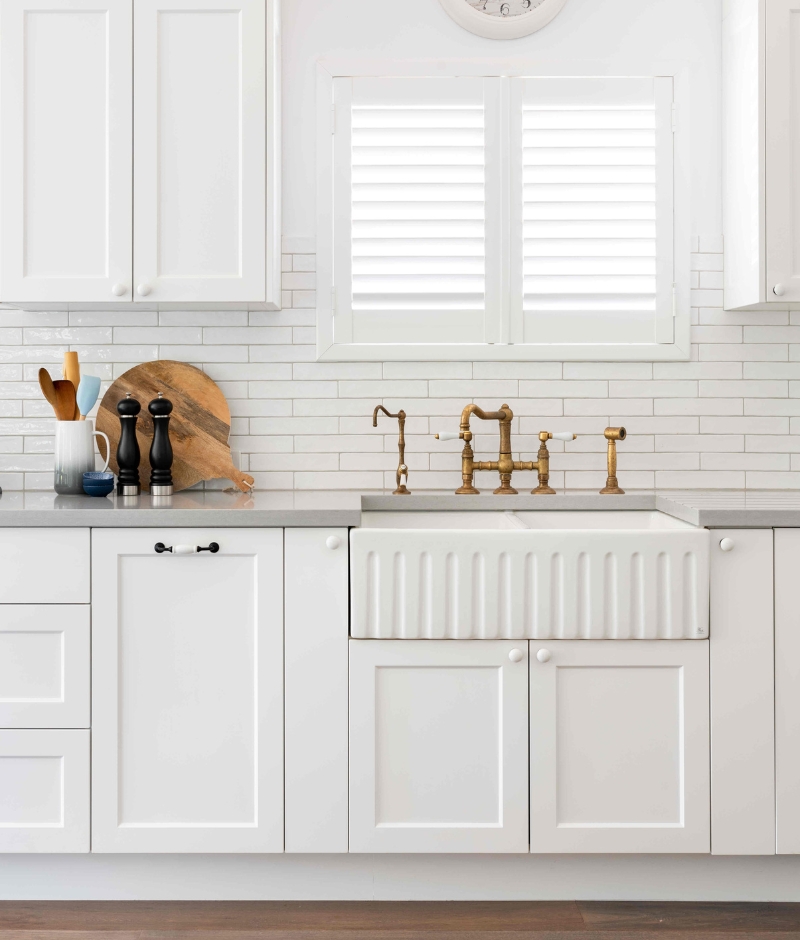
5. Addressing Minor Repairs Promptly:
Even with proper maintenance, kitchen sinks may occasionally require minor repairs to address issues such as leaks, loose fittings, or damaged seals. It’s essential to address these issues promptly to prevent them from escalating into more significant problems. Inspect the sink and its components regularly for signs of wear or damage, such as water stains, rust spots, or loose hardware. Replace worn seals, tighten loose fittings, and repair minor leaks as soon as they are detected to prolong the lifespan of your sink.
6. Protecting Against Scratches and Dents:
To maintain the appearance of your kitchen sink, take precautions to prevent scratches, dents, and other damage. Avoid dropping heavy objects into the sink, as they can chip or crack the surface, especially in porcelain or composite sinks. Use a protective sink mat or rack to cushion the bottom of the sink and prevent scratches from pots, pans, and utensils. When washing dishes, be gentle with abrasive scrubbers and avoid using steel wool or harsh cleaning agents that can scratch the sink’s finish.
7. Sealing and Resealing as Needed:
Depending on the material of your kitchen sink, it may require periodic sealing or resealing to maintain its integrity and appearance. Porcelain sinks, in particular, may benefit from a coat of porcelain enamel repair compound to fill in chips and scratches and restore the surface to its original luster. Granite composite sinks may require resealing every few years to protect against stains and water damage. Follow the manufacturer’s recommendations for sealing and resealing your sink to ensure optimal performance and longevity.
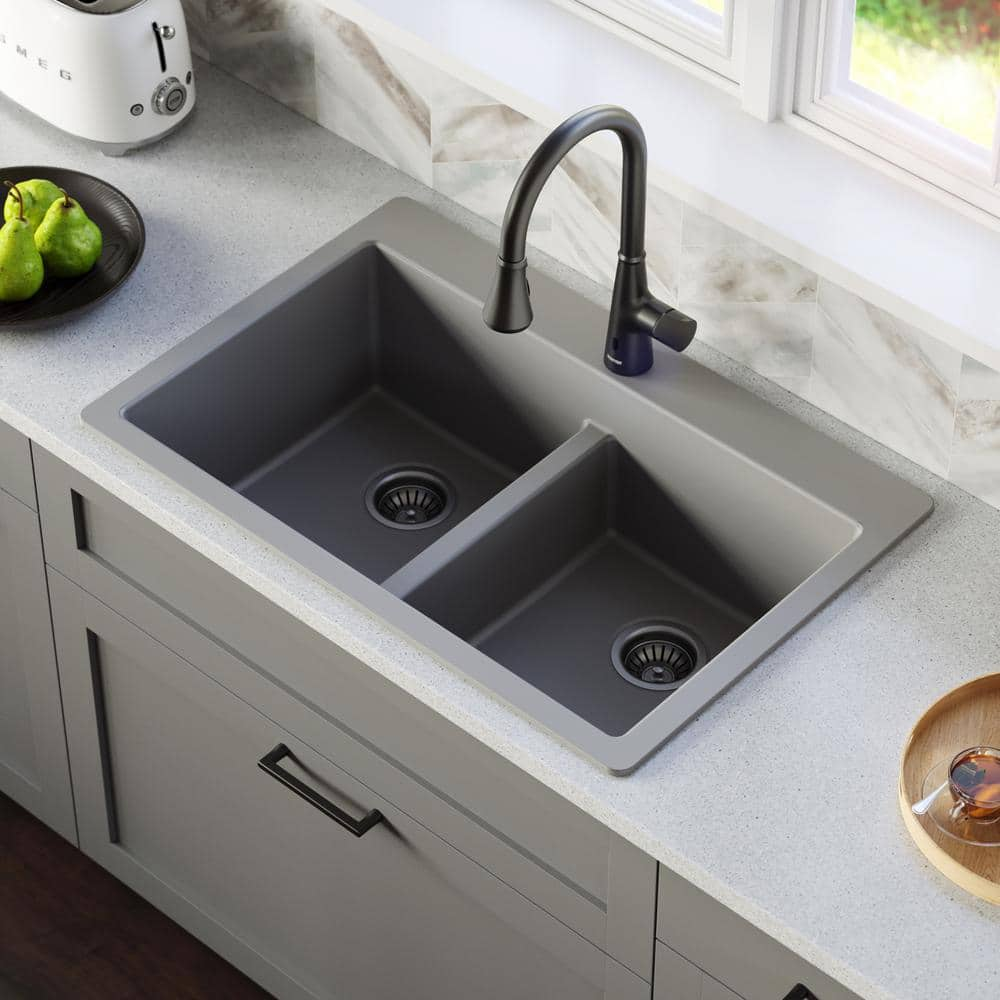
8. Preventing Hard Water Damage:
Hard water can wreak havoc on kitchen sinks, leaving behind unsightly mineral deposits and stains that are difficult to remove. To prevent hard water damage, consider installing a water softener or filtration system to remove minerals and impurities from your tap water. Alternatively, regularly wipe down the sink with a mixture of vinegar and water to dissolve mineral deposits and restore shine. Investing in a water softening system can not only protect your sink but also prolong the lifespan of your plumbing fixtures and appliances.
9. Professional Maintenance and Inspection:
In addition to regular DIY maintenance, consider scheduling professional maintenance and inspection of your kitchen sink and plumbing system at least once a year. A licensed plumber can identify and address any potential issues before they escalate into costly repairs, such as hidden leaks, corroded pipes, or deteriorating seals. Professional maintenance can also help optimize the performance and efficiency of your sink and ensure that it continues to meet your needs for years to come.
10. Embracing Eco-Friendly Practices:
In today’s environmentally conscious world, adopting eco-friendly practices in your kitchen can not only benefit the planet but also extend the life of your sink. Consider using biodegradable cleaning products and natural alternatives like lemon juice and baking soda to reduce your carbon footprint and minimize exposure to harmful chemicals. Additionally, conserving water by fixing leaks, installing low-flow faucets, and practicing water-saving habits can help preserve precious resources and reduce strain on your plumbing system.
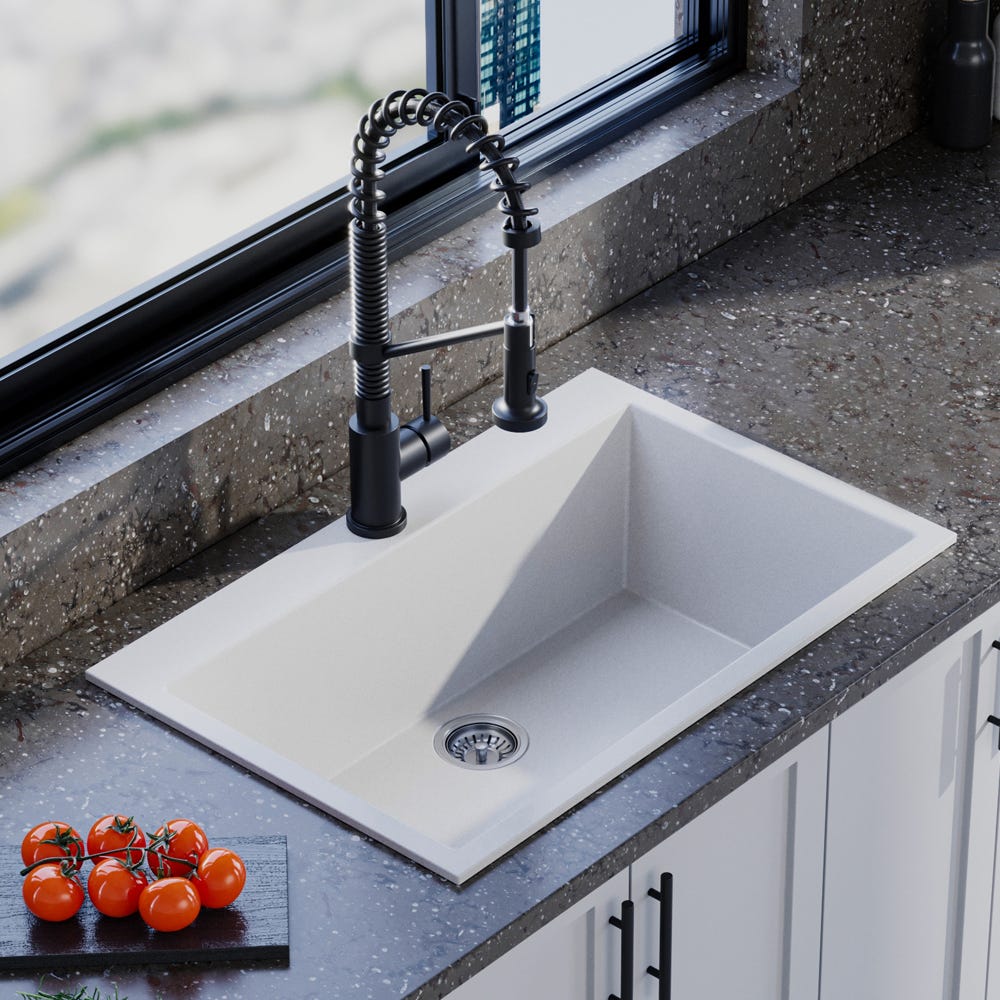
11. Mindful Handling of Hot Objects:
While most kitchen sinks are designed to withstand high temperatures, prolonged exposure to extreme heat can still cause damage over time. Be mindful when placing hot pots, pans, and dishes directly into the sink, as thermal shock can weaken the sink’s structure and lead to cracks or warping. Use trivets or heat-resistant mats to protect the sink’s surface from heat damage and avoid pouring boiling water directly into the sink to prevent potential damage to seals and fittings.
12. Conclusion: Preserving Your Kitchen Sink Investment
Your kitchen sink is an indispensable part of your daily routine, serving as a functional workspace and focal point in your kitchen. By following these maintenance tips and best practices, you can protect your investment and ensure that your sink remains in optimal condition for years to come. From regular cleaning and preventative maintenance to prompt repairs and professional inspections, taking care of your kitchen sink will not only enhance its longevity but also contribute to the overall functionality and aesthetics of your kitchen. With a little effort and attention to detail, you can enjoy the convenience and performance of your kitchen sink for many meals and memories to come.


